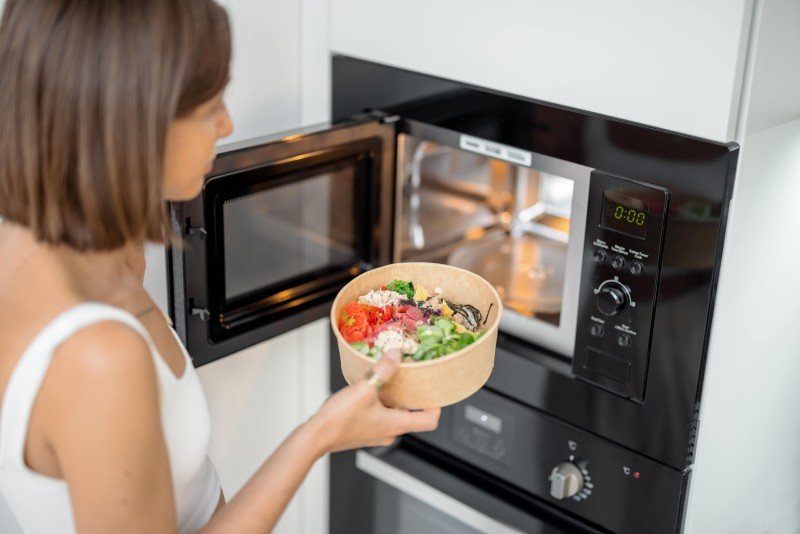Understanding Cookers and Hobs: A Comprehensive Guide
Cooking is an important aspect of every day life, and the development of kitchen home appliances plays a significant function in how efficiently and effectively people prepare their meals. Among these home appliances, cookers and hobs are two of the most important instruments found in modern-day kitchen areas. This post looks into the differences in between cookers and hobs, examines their numerous types, and offers insights on their functions, maintenance, and selection process.
What are Cookers and Hobs?
Cookers
Cookers are detailed kitchen home appliances designed for cooking jobs, generally combining an oven and a hob. They are available in numerous setups and types, dealing with diverse cooking needs and choices.
Hobs
Hobs, on the other hand, are more focused appliances mostly utilized for boiling, frying, and other stovetop cooking methods. Hobs can be standalone units or an integrated part of bigger cookers.
| Feature | Cookers | Hobs |
|---|---|---|
| Function | Combines oven and hob | Stovetop cooking just |
| Style | All-in-one unit | Different system or integrated |
| Types | Electric, gas, dual fuel | Gas, electric, induction |
| Setup | Permits more versatility | Built into the counter top |
| Cost Range | Typically greater | Varies widely |
Kinds of Cookers
1. Electric Cookers
Electric cookers utilize electrical energy as their main power source. They frequently include a built-in oven and several cooking zones on the hob.
Benefits:
- Even heat distribution
- Available in different designs (e.g., freestanding, built-in)
2. Gas Cookers
Gas cookers run on gas or liquefied petroleum gas (LPG). They offer immediate heat control, making them a favorite amongst professional chefs.
Benefits:
- Instant heat modifications
- More cost effective operational costs
3. Dual Fuel Cookers
Double fuel cookers integrate the heat of gas with the efficiency of electric ovens. Ovens Sales permits the very best of both worlds, offering control and constant results.
Benefits:
- Flexible cooking choices
- Precise control over stovetop cooking and baking
4. Variety Cookers
Range cookers are bigger and more powerful than basic cookers, featuring multiple ovens and hobs for substantial cooking jobs.
Advantages:
- Ideal for big households or cooking for events
- Provides numerous cooking options in one home appliance
Types of Hobs
1. Gas Hobs
Gas hobs are preferred for their fast heating and strong flame, making them excellent for scorching and stir-frying.
Benefits:
- Instant heat and control
- Compatible with any type of cookware
2. Electric Hobs
Electric hobs heat up utilizing electric coils or glass-ceramic surfaces, supplying a contemporary appearance and efficient cooking.
Benefits:
- Easier to clean
- Uniform surface area ideal for various pots and pans
3. Induction Hobs
Induction hobs utilize magnetic fields to heat pots and pans straight, providing quick and energy-efficient cooking.
Advantages:
- Safe (cool surface after getting rid of cookware)
- Energy-efficient and exact
4. Solid Plate Hobs
These standard hobs use solid electric plates that warm up slowly.
Advantages:
- Rugged and durable
- Generally more economical than other types
Secret Features to Consider
When choosing a cooker or hob, a number of features ought to be considered:
- Size and Space: Consider the size of your kitchen and the quantity of work space needed.
- Cooking Style: Choose based upon preference-- gas for control, induction for performance, and so on.
- Performance Ratings: Look for energy-efficient models to decrease utility bills.
- Reduce of Cleaning: Smooth surfaces facilitate simple upkeep.
- Safety Features: Automatic shutoff, flame failure devices, and child locks boost safety.
Upkeep Tips
Maintaining cookers and hobs prolongs their life-span and makes sure safe operations.
- Routine Cleaning: Wipe down surface areas after usage to avoid buildup.
- Examine Seals: Check oven door seals routinely for wear and tear to preserve efficiency.
- Service Regularly: Schedule expert maintenance at least as soon as a year.
- Appropriate Cookware: Use cookware proper for your hob type to prevent damage.
Regularly Asked Questions (FAQs)
What is the difference in between a cooker and a hob?
A cooker combines an oven and hob in one system, while a hob is usually a standalone appliance for stovetop cooking.
Do I require a professional to install a gas cooker or hob?
Yes, expert setup is recommended for gas appliances to guarantee security and compliance with regional regulations.
Can I utilize any kind of pots and pans on induction hobs?
Induction hobs need magnetic cookware. Stainless steel or cast iron pots work best. Non-magnetic products will not warm up.
Are electric cookers more energy-efficient than gas cookers?
While both have benefits, electric cookers tend to be more energy-efficient general, particularly with modern-day, high-efficiency models.
How typically should I clean my cooker or hob?
It is best to clean them after each use and carry out a comprehensive cleansing weekly to prevent buildup and residue.
Comprehending the differences, features, types, and maintenance ideas for cookers and hobs is necessary for any home cook. By choosing the right device fit to their culinary needs, users can improve their cooking experience, making meal preparation an efficient and satisfying chore. Whether choosing for the instant control of gas or the sleek performance of induction, picking the appropriate cooker or hob can lead to an especially improved kitchen experience.

